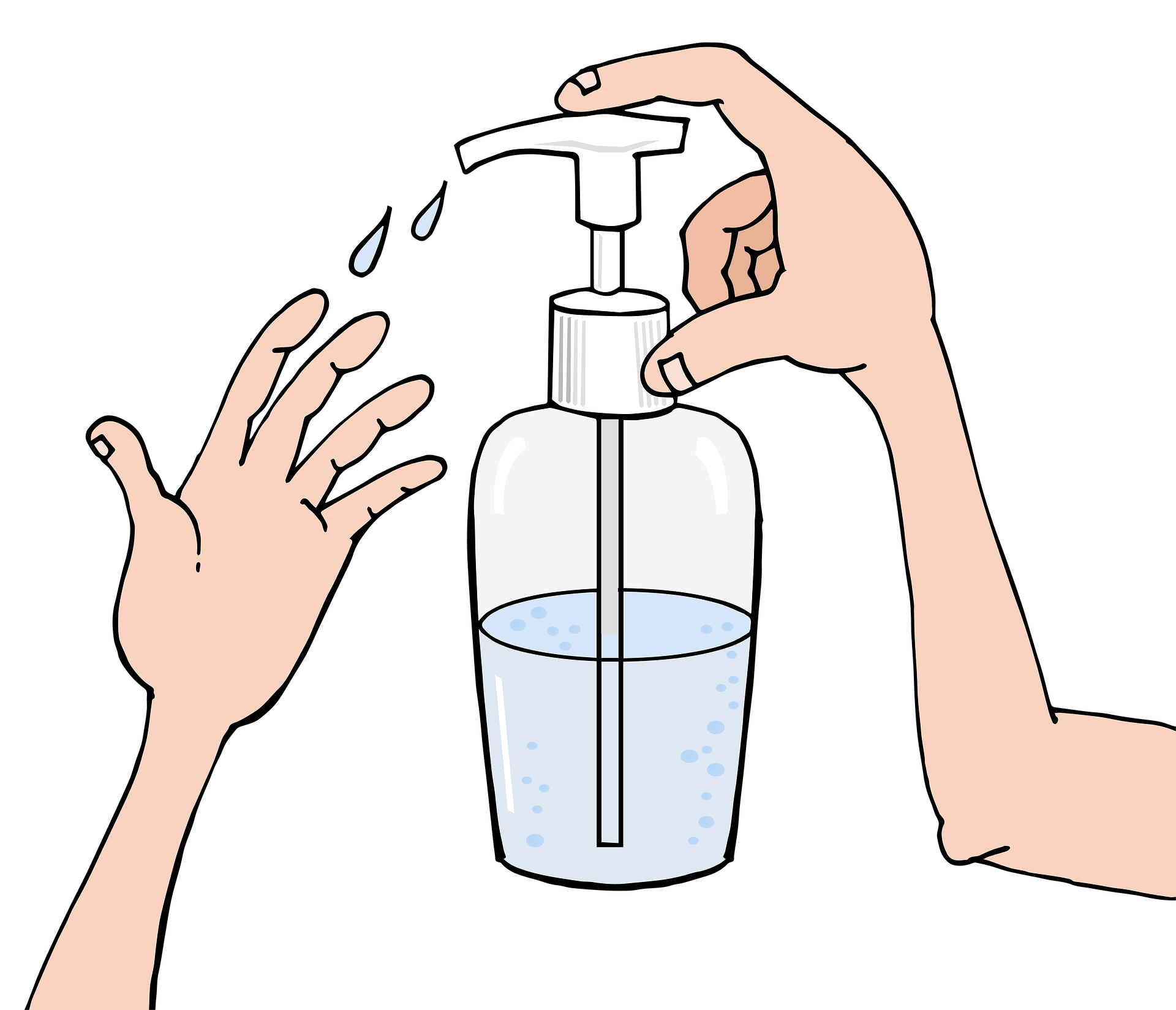Navigating Power in Elderly Care: How to Navigate Through Power, Responsibility and Ethics to Contribute to a Fair and Dignified Everyday Life
This article is translated with AI and is based on Swedish conditions. Hopefully, it can inspire those interested from other countries.
Power is a central but often invisible force in elderly care. It affects relationships between caregivers, managers, residents and relatives - sometimes consciously, sometimes unintentionally. Power ethics is about understanding these dynamics and managing them in an ethically defensible way. In this article, we explore how power is exercised, what risks it entails, and how we can work for a more fair and dignified care.
How power manifests in elderly care
Structural power – the role of the organization
Decisions about resource allocation, working hours and care direction often lie with managers and decision-makers. This power can lead to:
- Priorities that do not always align with the needs of the elderly.
- Staff feeling powerless to influence the quality of care.
Professional power – knowledge and hierarchy
Nurses, occupational therapists, physiotherapists, and nursing assistants have different degrees of authority, which can create imbalances. Examples:
- A nurse's medical decisions can override an elderly person's own wishes.
- Relatives' views can be overridden by "expert" assessments.
Everyday power – small actions with great significance
Even small choices have implications for power:
- Whether a resident gets to choose their clothes or meals.
- Whether the staff talks *with* or *about* the elderly in their presence.
Ethical risks and consequences
When power imbalances occur, it can lead to:
- Loss of autonomy – The elderly do not feel heard.
- Overcare or undercare - Decisions are made based on routines rather than individual needs.
- Burnout among staff – The feeling of powerlessness can undermine job satisfaction.
How we can promote a more ethical balance of power
Awareness and self-reflection
- For staff: Reflect on – "Who really has the power in this situation?"
- For managers: Create forums where staff can raise power-related issues without fear.
Strengthen participation and consent
- Involve the elderly in decisions through clear communication and alternatives.
- Use decision aids that promote self-determination (e.g. future planning with residents and relatives).
Clear routines for equalizing power
- Regular evaluations of care decisions with both staff and residents.
- Ethical councils or support groups to handle difficult situations.
Reflection questions - Power Ethics
Care staff:
- When have you felt that you *unintentionally* exerted too much power over a resident?
- How can you better amplify the elderly's voice in everyday life?
Manager, nurse, occupational therapist and physiotherapist:
- In what ways can the organization's structure result in unequal power distribution?
- How can you create more equal decision-making processes?
Residents and relatives:
- When have you felt excluded from care decisions, and what would have been needed to change that?
- What role do you want to have in the elderly's daily life and future planning?
Erland Olsson
Specialist nurse
Sofrosyne – Better care every day

Aktuellt i media
- 2026-02-19 04:00 19 Samhället utanför
-
2026-02-16 04:00
04 Bemötande
What can you do to make your accommodation attractive to someone who is going to move in?
info Foto: Mostphotos
Foto: Mostphotos - 2026-02-09 04:00 14 Läkemedelshantering
-
2026-02-05 04:00
12 Personlig omvårdnad
"Foot Care in Elderly Care - How to Prevent Problems and Promote Health" Good foot care is fundamental for maintaining walking ability and avoiding sores.
info
- 2026-02-02 04:00 19 Samhället utanför
- 2026-01-29 11:10 01 Kvalitet





